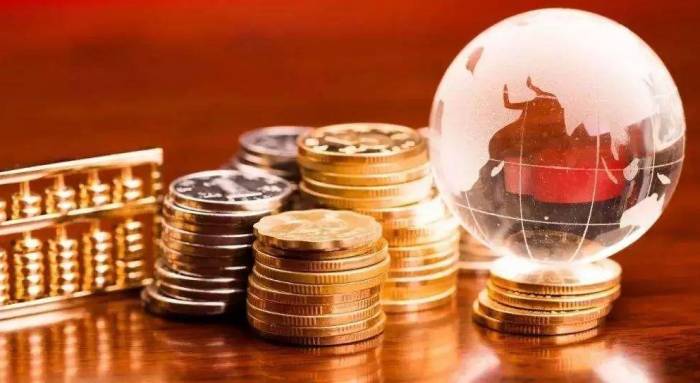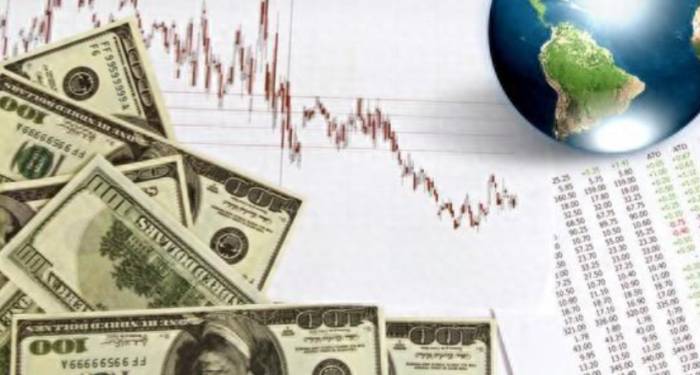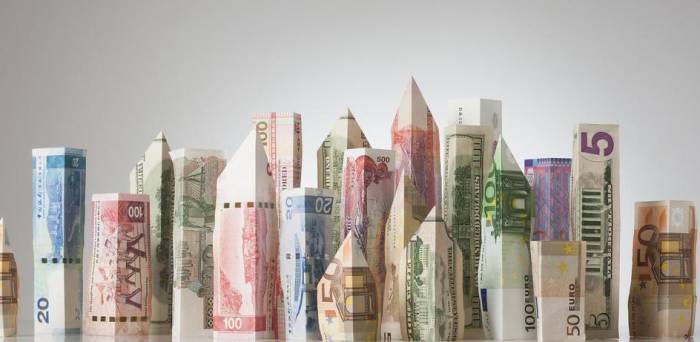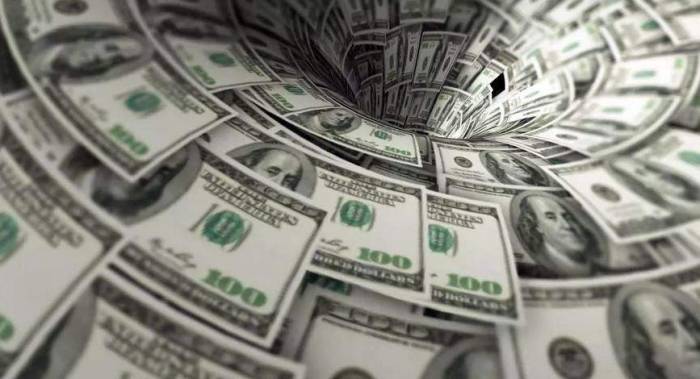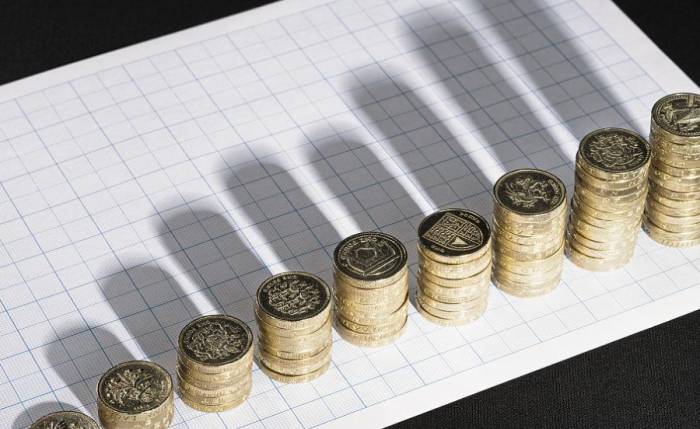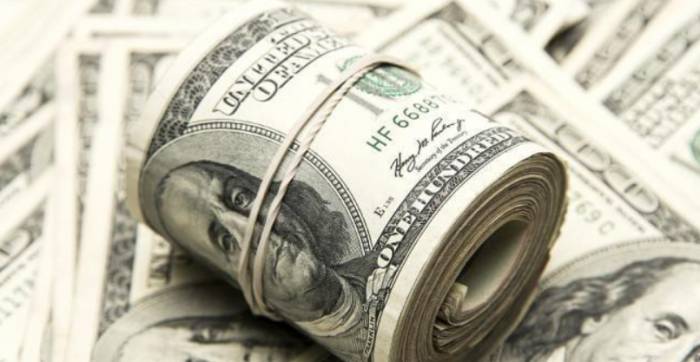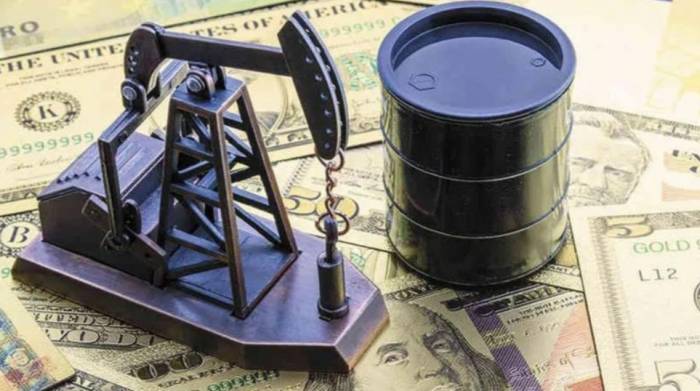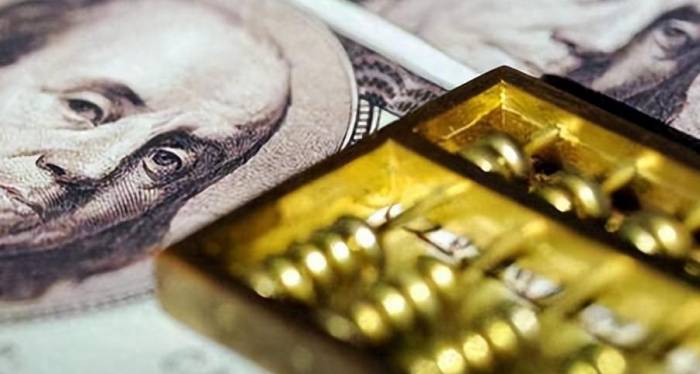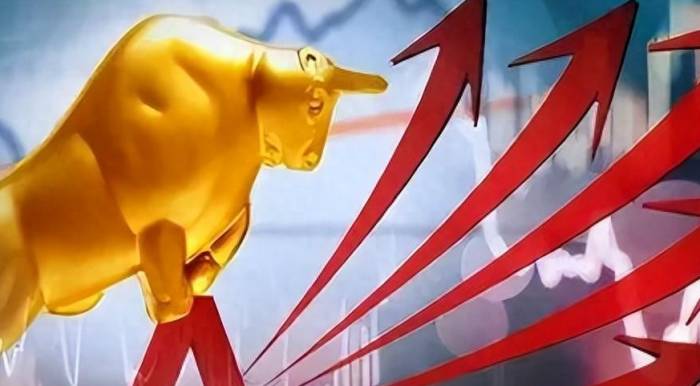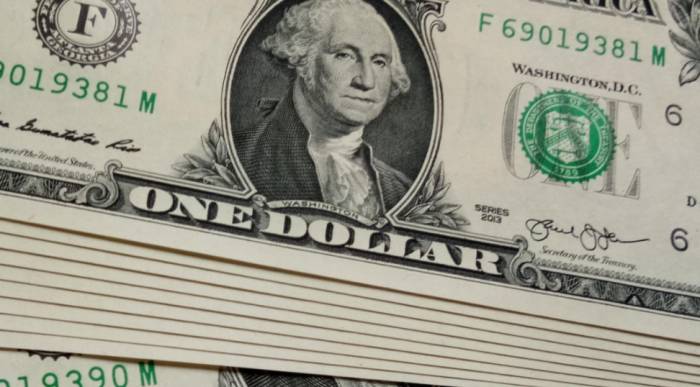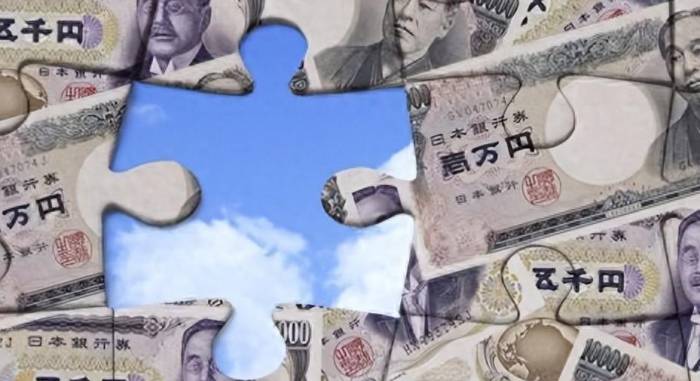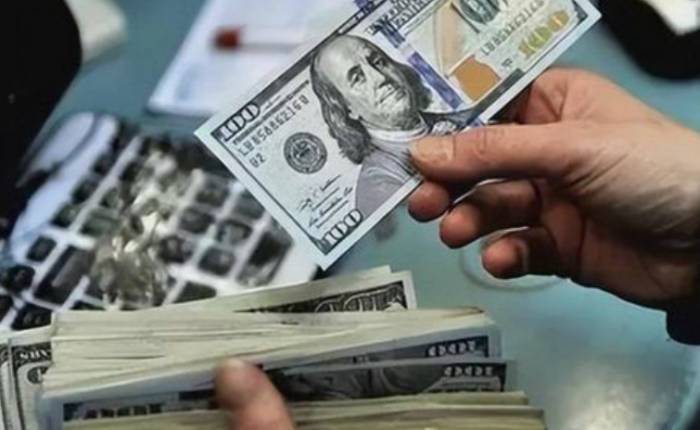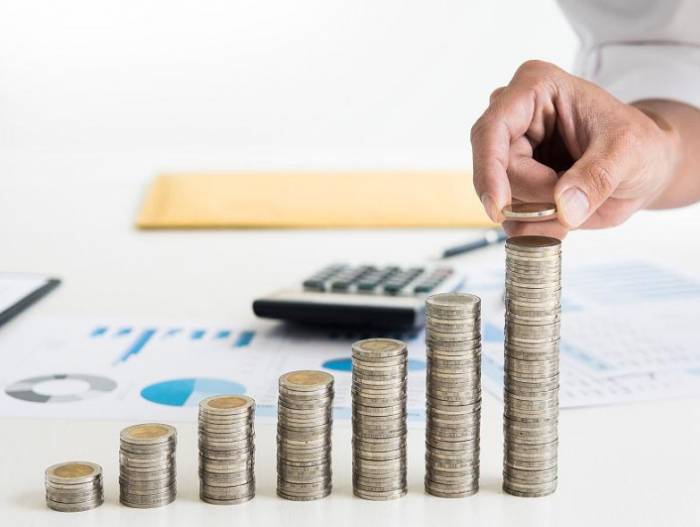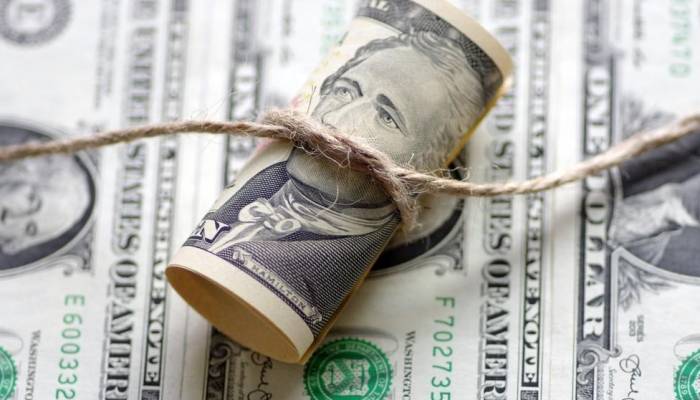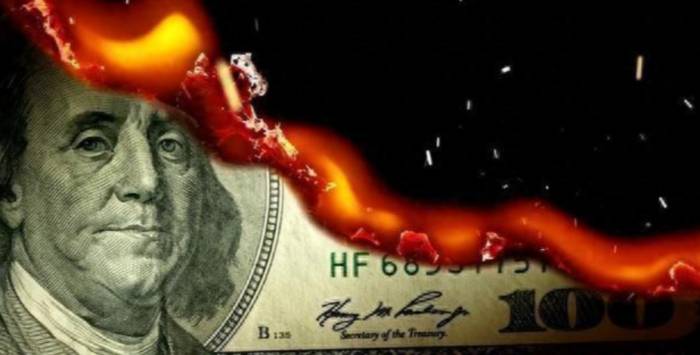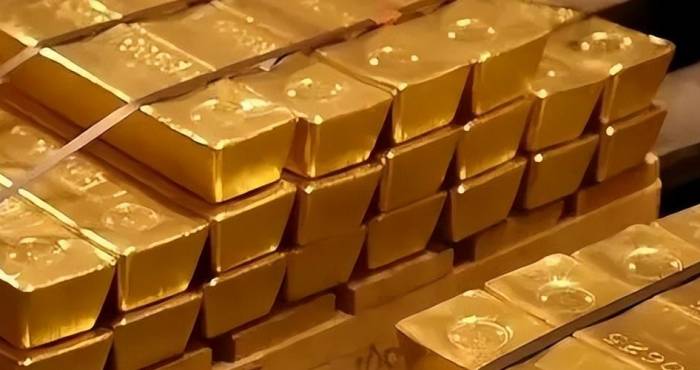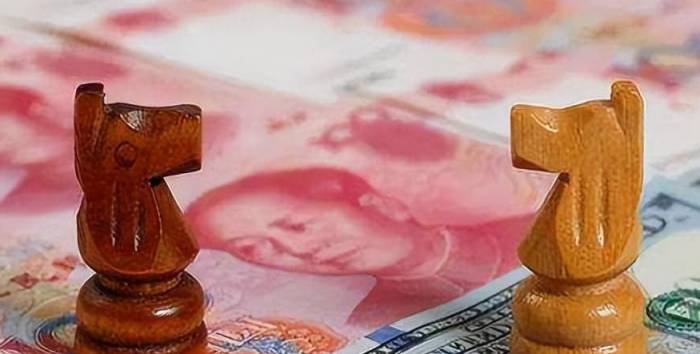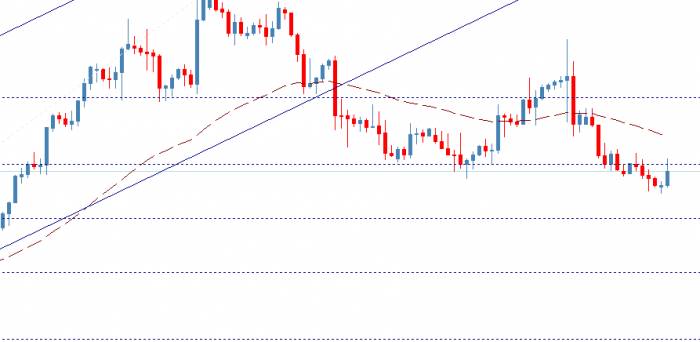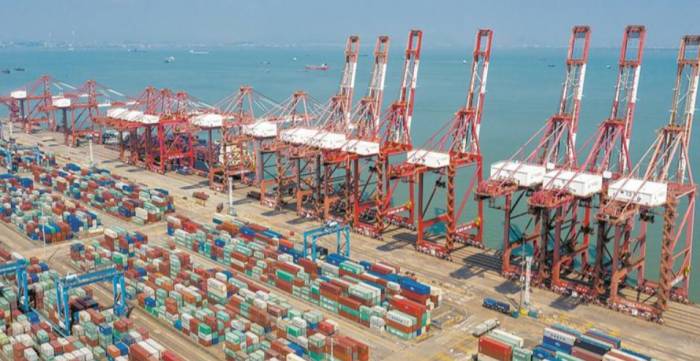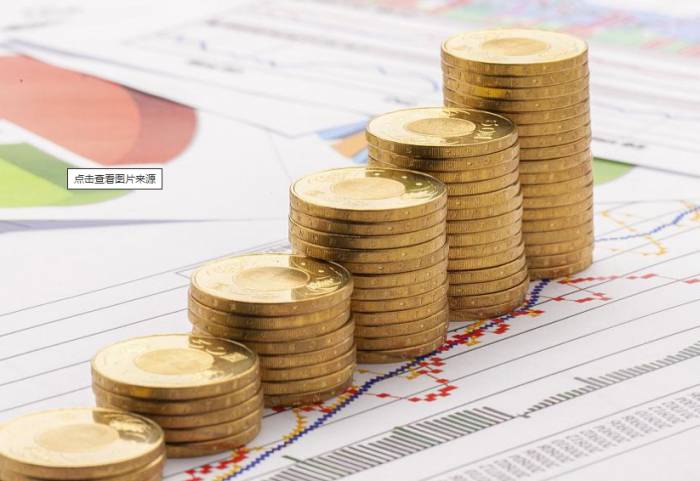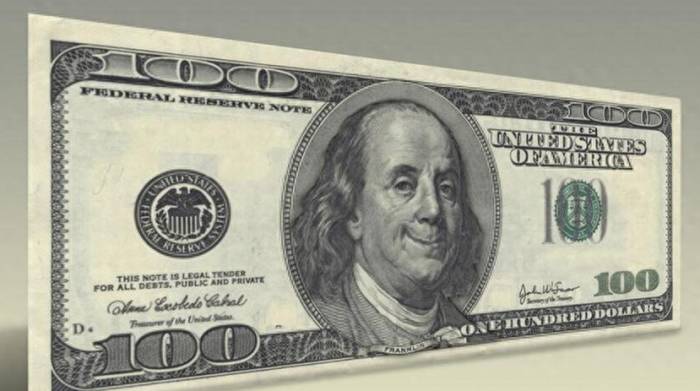The United States has finally succumbed to lowering interest rates.
What impact will this have on China?
After the U.S. announced a 50 basis point rate cut, many real estate professionals have taken an optimistic stance, believing that this round of U.S. rate cuts will be beneficial to China's real estate market.
What is the actual situation?
Let's analyze it specifically.
The U.S. rate cut signals the arrival of an era of weak dollars in the United States, which is in contrast to the previous two-year period of 11 rounds of rate hikes that marked a strong dollar era.
The strong dollar era, as the name suggests, is when the dollar is very robust, mainly including the global dominance of the dollar, the advantages of the economic fundamentals, and the international influence of U.S. policies.
In other words, it is a period when the dollar's hegemonic status is prominent.
On the contrary, the weak dollar era will mean that the dollar's hegemony faces a great challenge.
So, everyone understands by now: the U.S. rate cut is really because they can't hold on anymore, which more or less means that in this round of China-U.S. competition, the U.S. is temporarily in a weaker position.
How specifically did the U.S. lose its grip?
Initially, they wanted to use interest rate hikes to reap the wealth of the world, which is how they operated before.
However, they couldn't maintain the situation in this round of rate hikes.
On one hand, it's because they have a debt of 35 trillion U.S. dollars, and the interest generated by this debt each year is as high as trillions of dollars, higher than the U.S. military's budget.
On the other hand, the U.S. manufacturing and industrial indices have declined across the board, the economy is sluggish, and the employment rate continues to decrease.
Under such circumstances, continuing to raise interest rates is a dead end.
Therefore, the U.S. can only be forced to stop raising interest rates before catching any big fish and switch to lowering them.
In the long run, the U.S. rate cut is beneficial to China, but in the short term, this favorable situation will not be too apparent.
After all, the U.S. rate cut will also be a long-term process, and its impact will also take some time to manifest.
Let's expand on the specific aspects of the U.S. rate cut that will affect China in three aspects.
The first aspect: China's real estate market.
It is definitely wrong to say that the U.S. rate cut has no impact on China's real estate market.
Now that the international economy is integrated, even if the U.S. raises interest rates and we don't, or if the U.S. lowers interest rates and we don't follow suit, its actual impact on China is still there.
Simply put, because the U.S. rate cut means that money from U.S. banks will definitely flow out, especially as the U.S. rate cut continues, this is a situation that will definitely occur.
Of course, one point that has to be mentioned here is that the U.S. will try to prevent a large amount of funds from flowing to various countries, especially to China.
To prevent this from happening, they have already launched a series of measures to prevent funds from flowing to various countries, especially to China.
For example, creating various crashes, the previous wave of bank failures in the U.S., and the shorting of the stock market, as well as the reduction of shares by major shareholders of various large companies, are ways they use crashes to eliminate liquid funds.
That is to say, they make it impossible for you to completely take funds out of the U.S.
In fact, no matter how many effective measures the U.S. takes, as long as they start to lower interest rates, there will definitely be a large amount of funds flowing out.
So, where does this money go?
There are several possibilities, flowing into the U.S. stock market, flowing into the gold market, flowing into various investment fields.
These funds will definitely have some flowing into China, and China's real estate market will definitely have funds flowing in.
This is the trend, and when the trend comes, even pigs can fly, let alone China's real estate market, which is not a pig no matter how it is.
Of course, it is not clear how much will flow into China's real estate market, we can only say that there will definitely be money flowing into China's real estate.
Previously, experts have speculated, and even speculated on the funds that may flow into China after the U.S. rate hike, and their estimated amount is 1 trillion in funds.
Of course, it may not be so optimistic, but it should be about right.
And during this period, the yuan will also appreciate by about 10%.
But you say whether the inflow of these funds will make China's real estate market take off again, I'm sorry, it is absolutely impossible.
Why?
Because the birth rate is there, and people's confidence in the real estate market is gone.
For any industry, confidence is gold, and without this thing, it is difficult to rise again.
Moreover, China's real estate market has just started to fall, and it has not bottomed out at all.
Since it has not bottomed out, even if there is capital injection, it cannot take off again.
The possible impact of the U.S. rate hike on China's real estate market is: the housing prices in the prime locations of first-tier cities such as Beijing, Shanghai, Guangzhou, and Shenzhen will be stabilized and will not fall further.
Other cities, on the other hand, will not be affected, and those that should fall will continue to fall.
Of course, if the U.S. lowers interest rates and China follows suit, the mortgage interest rate will inevitably be reduced, and at that time, the monthly mortgage payments for those who are repaying their mortgages will inevitably decrease by several hundred or even thousands.
The second aspect, China's stock market.
As we mentioned earlier, no matter how many measures the U.S. takes to prevent capital outflows, there will still be a large amount of funds flowing into China.
Some of this money will flow into China's stock market.
Coupled with the current public opinion that is one-sidedly promoting how the U.S. rate cut is beneficial to China, many people will invest money into the stock market.
Especially compared to real estate, which requires at least hundreds of thousands of yuan to invest at a time, the stock market can start with just a few thousand yuan, which does not rule out that a large number of people will throw money into the stock market due to public opinion and the inflow of funds from the U.S. into China's stock market.
In this situation, the stock market will definitely have a round of growth.
But how long it can grow and to what extent still depends on the situation of capital inflows and public opinion.
The third aspect, the U.S. rate cut will cause inflation in China.
The capital inflow into China caused by the U.S. rate cut essentially leads to an increase in China's money supply, but the goods on the market are still the same.
This will inevitably lead to a certain degree of inflation.
This is easy to understand, capital inflow will definitely stimulate the domestic asset market, such as the stock market and bond market, but it will also bring the potential risk of asset bubbles, thus increasing the possibility of secondary inflation.
On the one hand, capital inflow pushes up asset prices, which are then transmitted to the real economy, causing price increases.
On the other hand, the global economy is closely connected, and the Fed's rate cut may lead to a weaker dollar, which in turn pushes up the prices of international bulk commodities.
As a major importer of bulk commodities, China will face the pressure of imported inflation.
Finally, we conclude that the U.S. rate cut is both an opportunity and a challenge for China, especially the inflationary pressure it will bring, which may affect everyone.
In the face of both opportunities and challenges, China needs to remain calm and actively respond to achieve stable and sustainable economic development.
